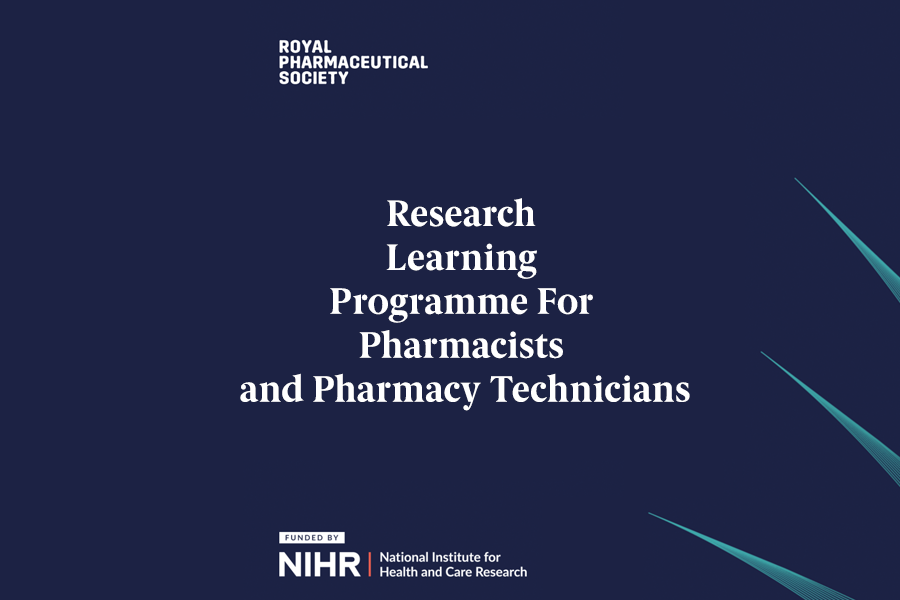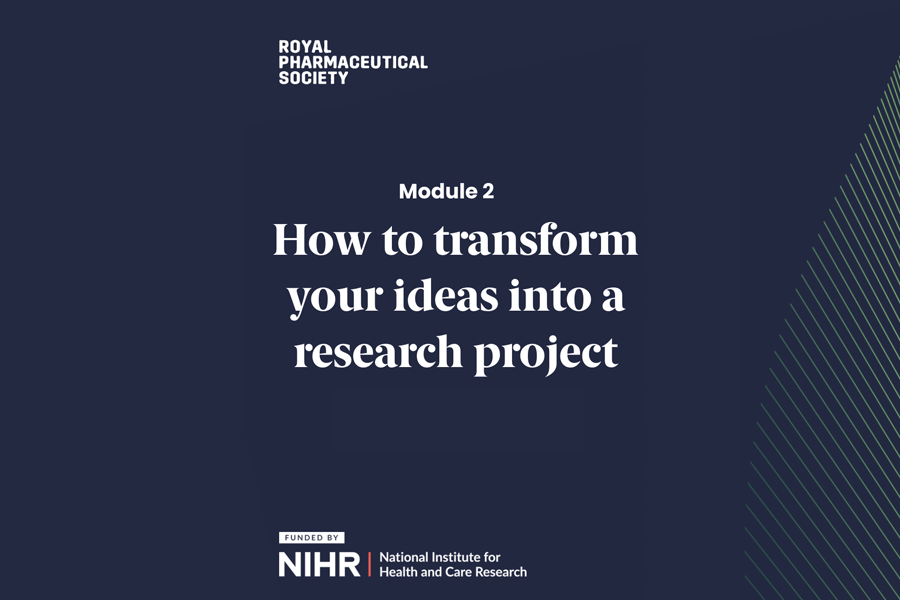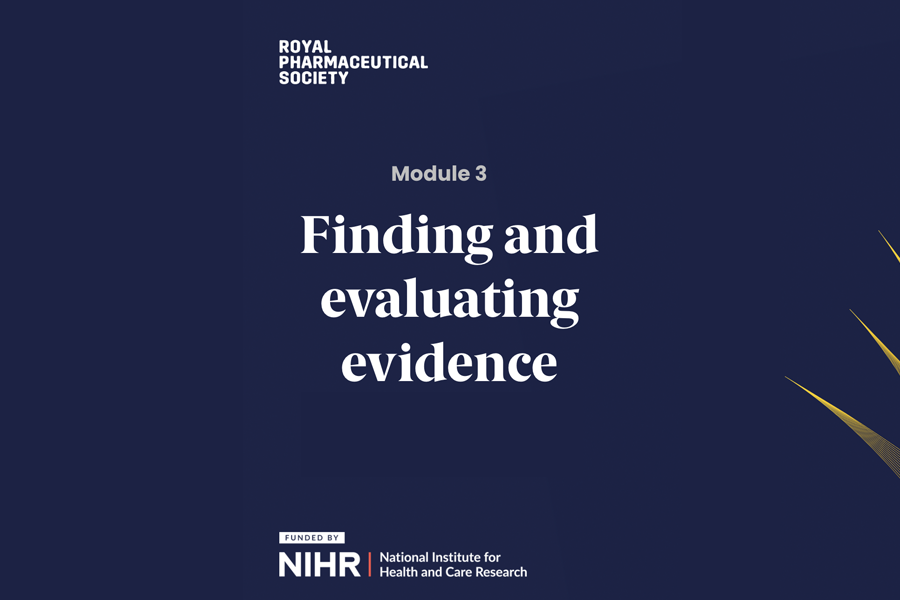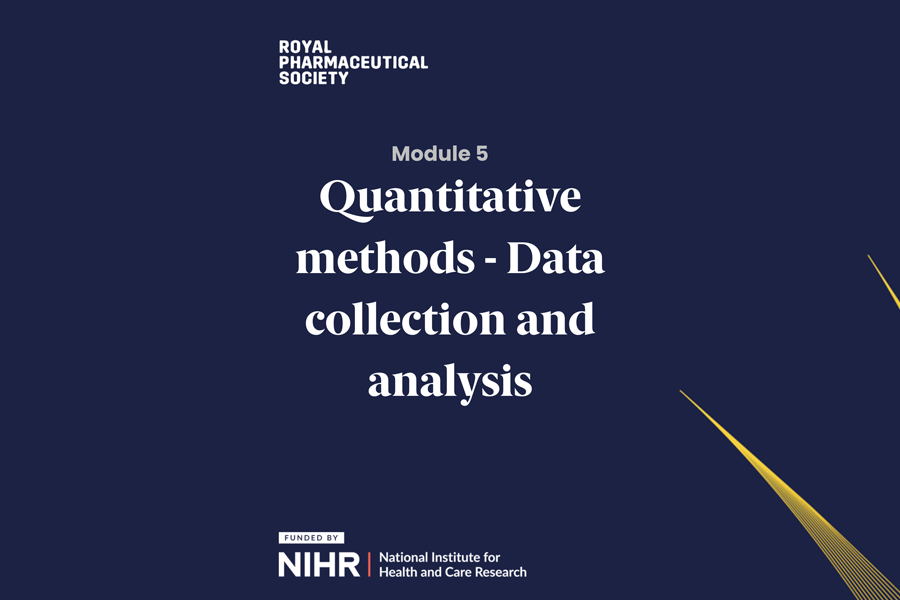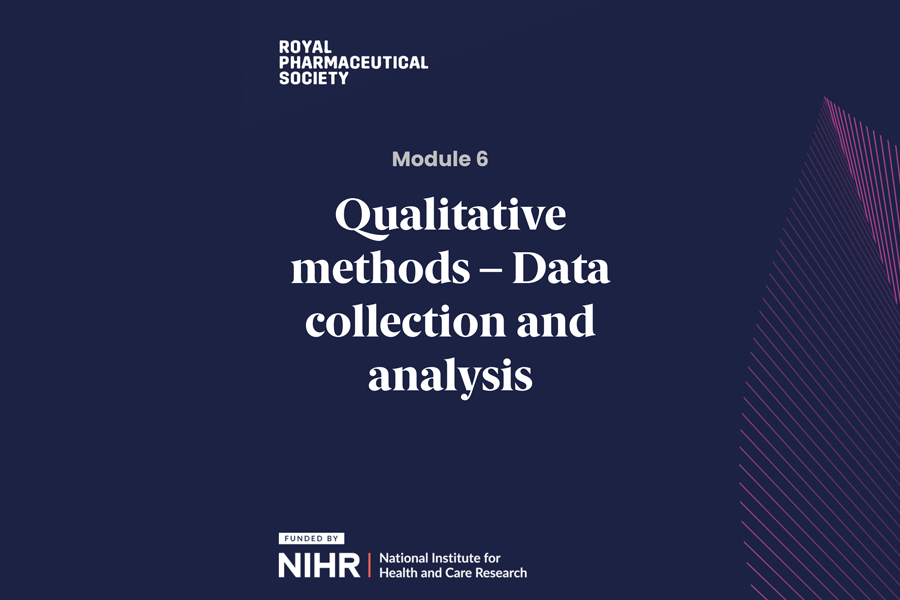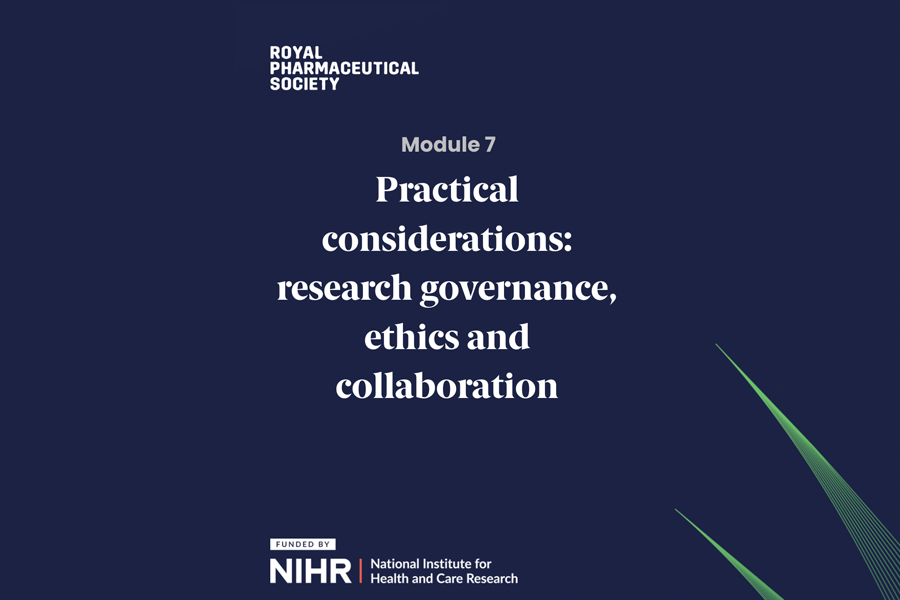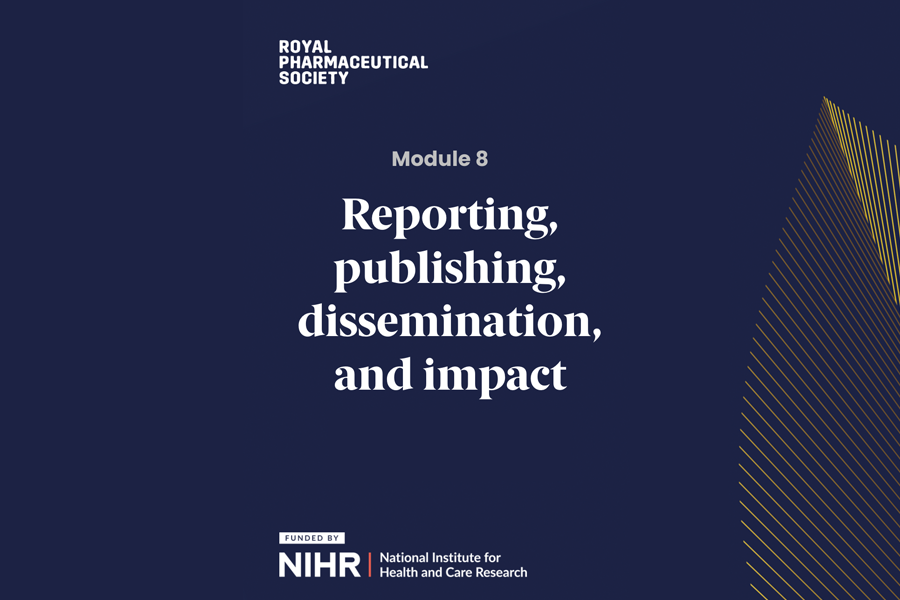Research Module 3. Finding and evaluating evidence
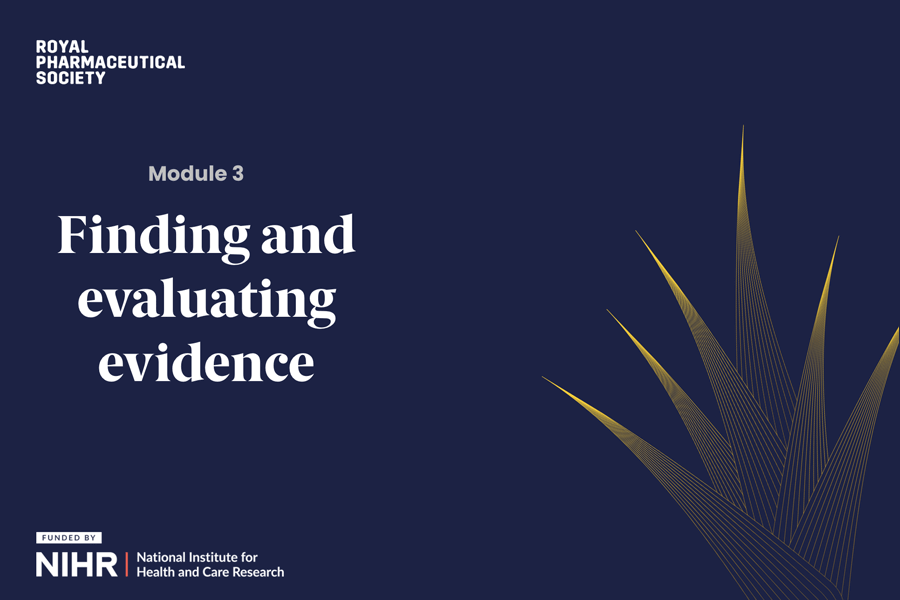
This module aims to develop learners understanding of the importance of reviewing the literature, identifying the evidence and using the knowledge to inform their own research plans.
This module will outline:
- The importance of evidence
- What high quality evidence is and why it matters
- The main types of reviews
- The main stages of conducting an evidence/literature review
- Database selection
- How to develop a search strategy
- How to manage and cite references
Information will be provided on:
- Levels, types and grades of evidence and how levels are assigned to individual research papers as a guide to help readers prioritise information
- How to identify the best evidence using critical appraisal to ensure that learners understand and consider issues such as bias, reliability and validity when interpreting study results and conclusions.
Estimated completion time: 60 minutes
Learning objectives
Upon completion of this module you will be able to:
- Explain the importance of using evidence to build a case for research
- Describe the main types of evidence reviews and different synthesis approaches
- Outline the process to develop a search strategy to identify relevant evidence
- Describe the main elements of a critical appraisal of evidence
- Describe how to manage and cite references
The creation of this programme was funded by NIHR.
| Price: £0.00 | |||
|
Quantity:
|
